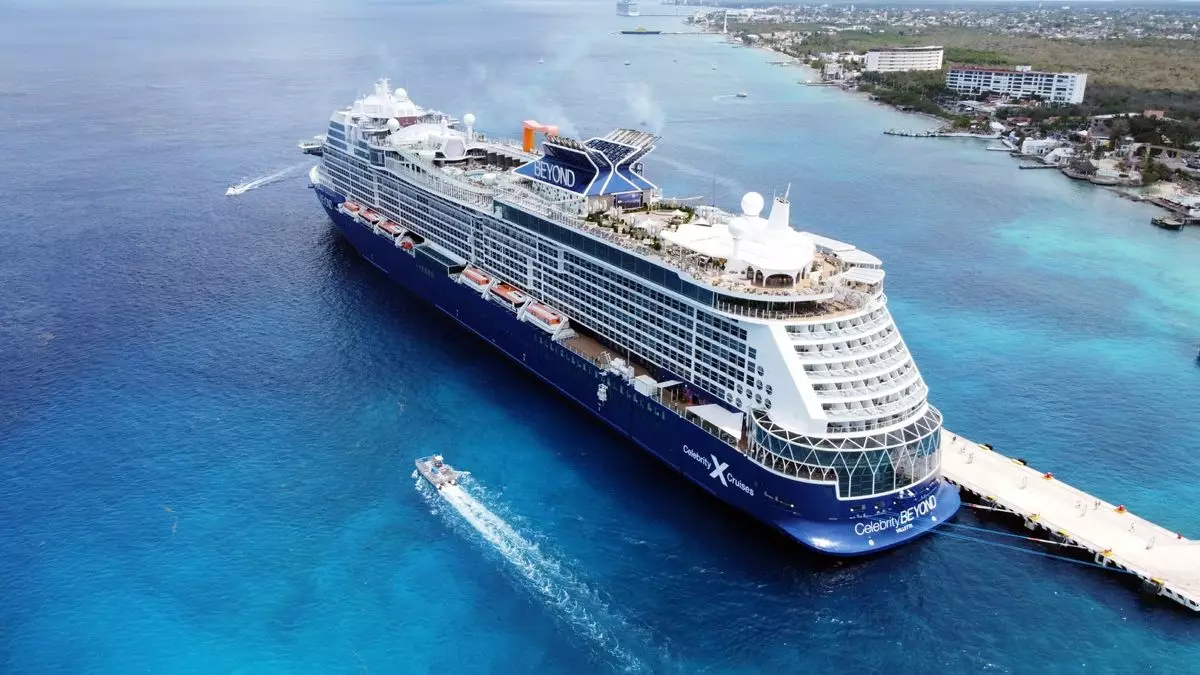In a controversial move that has sent shockwaves through the tourism sector, Mexico’s Senate recently approved a $42 immigration charge for cruise ship passengers disembarking at its ports. Scheduled to go into effect in 2025, this legislation has already passed through the lower house and is expected to reshape the dynamics of the country’s lucrative cruise industry. While the Mexican government is likely to argue that the measure is a necessary source of revenue, stakeholders in the tourism industry warn that it could lead to significant economic repercussions.
The sharp criticism emanating from various business chambers highlights the potential negative impact on tourism, particularly in the Caribbean region. With Cozumel recognized as the world’s busiest cruise port, accommodating approximately 4 million passengers annually, many argue that the new charge could deter visitors who might seek more cost-effective alternatives in neighboring Caribbean nations. Octavio de la Torre, president of the National Confederation of Commerce, Service and Tourism Chambers, warned of the dire consequences: “This could result in a significant decrease in visitors.” Such a decline not only threatens the livelihoods of those working in the tourism sector but may also stymie economic development in regions reliant on cruise ship traffic.
Curiously, the legislation stipulates that two-thirds of the revenue generated will fund the Mexican military rather than address the pressing needs of port facilities or the tourism infrastructure. This allocation raises questions about the government’s priorities and its impact on visitor experience. Critics point out that investing funds back into the tourism sector would be more beneficial for sustaining long-term growth and improving the overall competitiveness of Mexican ports. With many Caribbean ports offering attractive destinations at lower costs, the Mexican government’s decision appears to gamble on a revenue strategy that could compromise its appeal.
Globally, there is a growing concern about the impact of overtourism, particularly in locations that experience an influx of cruise ship passengers. While some countries have moved to impose restrictions on cruise ships, Mexico has seemingly taken a different approach. The new fee serves as an attempt to extract revenue rather than regulate the sheer volume of tourists. This adaptation raises an important question: whether Mexico can adequately balance economic needs with sustainable tourism practices. As the Caribbean faces growing environmental challenges, the emphasis should perhaps shift from immediate financial gain to a more sustainable and responsible approach.
As Mexico prepares for the implementation of this new fee, the ultimate challenge for the government will be balancing its budgetary needs with the health of its tourism industry. The concerns voiced by industry leaders offer a compelling argument that the tourism sector is not merely a source of revenue but a cornerstone of regional economic stability. Ultimately, failing to address the potential fallout from this legislation could lead to detrimental effects not only on the cruise industry but on the broader Mexican economy. This situation underscores the importance of thoughtful policymaking that considers the long-term implications for both the economy and the environment.


Leave a Reply